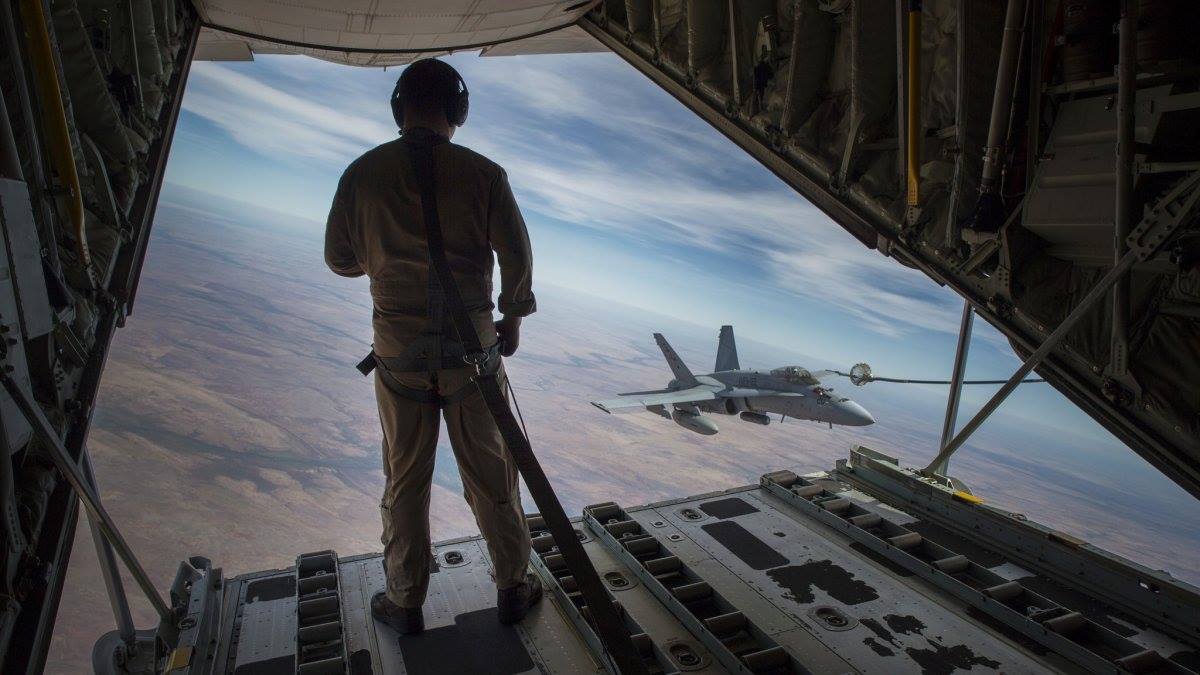Military operations are complex. They need careful planning, seamless coordination, and flawless execution.
But have you ever wondered about the unsung heroes who operate behind the scenes? They play a pivotal role in the success of these operations. Enter the base operators – the unsung champions working in military installations worldwide.
In this article, we’ll explore the significance of these remarkable individuals. We’ll shed light on their roles and responsibilities. Get ready for an enlightening journey into the world of base operators!
Let’s begin!
The Role of Base Operators
Base operators are the backbone of military bases. They provide essential services and support to personnel stationed on base including:
- soldiers
- sailors
- airmen
- marines
Their primary responsibility is to maintain the base’s infrastructure and facilities. They ensure that all essential operations run smoothly.
Communication Hub
Base operators play a crucial role as the communication hub for military installations. They handle all the incoming and outgoing calls. They connect:
- military personnel
- families
- external entities.
It’s their job to ensure seamless connectivity between different units within the base. They also help effective communication during operations.
They play a crucial role in making things happen. They facilitate soldiers in connecting with their loved ones and collaborating with other military branches. They ensure a seamless flow of communication, keeping everything connected and running smoothly.
Emergency Response Coordination
During times of crisis, it’s crucial to have a quick and efficient emergency response. They are trained to handle emergency calls and coordinate responses. They play a vital role in connecting callers with the right emergency services.
In critical situations, their ability to act fast makes a big difference. This applies whether it’s medical help, fire response, or security concerns.
Logistical Support
Logistics form the backbone of military operations. Base operators are at the forefront of logistical support. They manage inquiries related to:
- transportation
- supply deliveries
- other essential services
A base operator addresses the logistical needs of the military. This collaborative effort contributes to the operational readiness of military units.
Infrastructure Maintenance
Military bases need a well-maintained infrastructure to function as smoothly as possible. Base operators play a key role in overseeing the maintenance of facilities. They also oversee runways and other critical infrastructure components. This makes sure that the base stays operational. It can support the diverse needs of military units.
Information Resource
Base operators are the primary source of information for military personnel and families. They’ve got all the deets on:
- base facilities
- services
- community events
This information is crucial for improving military life. It also helps the troops feel happy and supported. Base operators connect the military community with all the resources they need.
Problem Solvers
The operators at the base have skilled problem-solving abilities. Military operations move fast. They’re sure to face unexpected challenges and obstacles. But these operators are great at thinking on their feet and finding solutions to all sorts of issues. They handle everything from:
- technical glitches
- logistical holdups
- communication breakdowns
They do this all while keeping a calm and collected demeanor. This is because they understand the importance of their role in supporting the military.
24/7 Support
One of the most important aspects of base operators is that they provide 24/7 support. Military life doesn’t stop at 5 pm or on weekends. In fact, it’s quite the opposite. The military community works around the clock to ensure our country’s safety and security.
So when issues arise outside of regular business hours, it’s crucial to have someone available to assist. They are always there, ready to help no matter what time it is.
Collaboration Across Services
Military operations often need collaboration between different branches of the armed forces. Base operators play a crucial role. They break down silos and foster seamless communication between these branches. They bridge the gap between diverse units. This ensures that information flows. It also enables a more coordinated and effective military response.
The Unsung Heroes: Base Operators’ Impact on Military Operations
Many people might not notice the work of base operators. But their impact on military operations is immeasurable. Here are some key aspects of their contribution:
Force Multiplier
They play a crucial role in the military. They act as force multipliers, boosting the capabilities of military units. These operators enhance the effectiveness of military operations by improving:
- communication
- optimizing logistics
- swift response to emergencies
Their contributions allow military leaders to focus on strategic decision-making. They know that the operational backbone is well-supported.
Strategic Advantage
Including a base operator, such as the FBO in Phoenix, AZ, in military strategy provides a strategic advantage. It’s all about being able to deploy resources, communicate effectively, and tackle logistical challenges. These operators bring agility and responsiveness to the battlefield, which is crucial for success in modern warfare.
Enhanced Operational Efficiency
The efficiency of military operations relies on the effectiveness of a base operator. Operational efficiency for military units depends on their:
- meticulous planning
- attention to detail
- quick decision-making
And as a result, armed forces become more agile and responsive. They are vital for streamlining and coordinating operations. Whether it’s a large-scale deployment or a smaller mission.
Morale and Well-being
The support provided by a base operator goes beyond the battlefield. Their role is crucial for the morale and well-being of military personnel, they:
- provide information
- connect families
- offer logistical help
When the military community is well-supported and informed. They are better equipped to handle the challenges of military life.
Crisis Management
In times of crisis, the importance of base operators becomes even more clear. The outcome of a crisis can depend on their ability to:
- handle emergencies
- coordinate responses
- provide critical information
Their composed demeanor in such situations showcases their training and dedication.
Timely Decision-Making
In high-pressure situations, making timely decisions is crucial. Base operators play a pivotal role. They ensure decision-makers have the information they need when they need it. They are experts in communication and coordination. This ability can make a real difference in the success of military operations. It helps with timely decision-making.
Recognizing the Crucial Role of a Base Operator
In the grand symphony of military operations. Base operators play the role of unsung conductors. They harmonize every element. They manage communication networks, logistics, and essential services. They serve as the backbone of military effectiveness.
Fixed Base Operators (FBOs) play a crucial role in locations like Phoenix, AZ, particularly in air-centric military operations, where complexity and significance intersect. As technology continues to advance, challenges persist, necessitating the need for adaptable and versatile base operators.
If you found this article helpful, please take a look at some of the other posts we’ve put up on our site.



